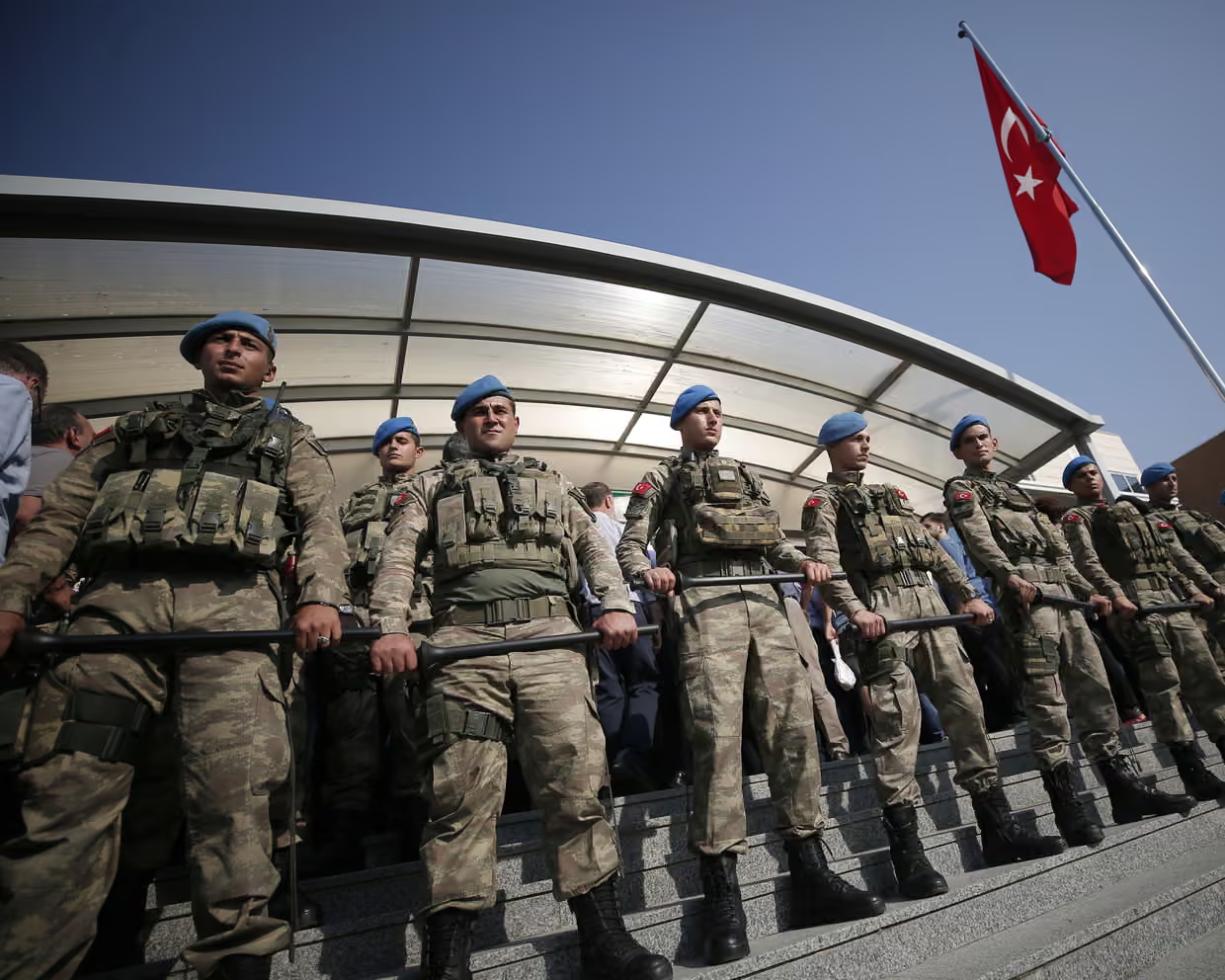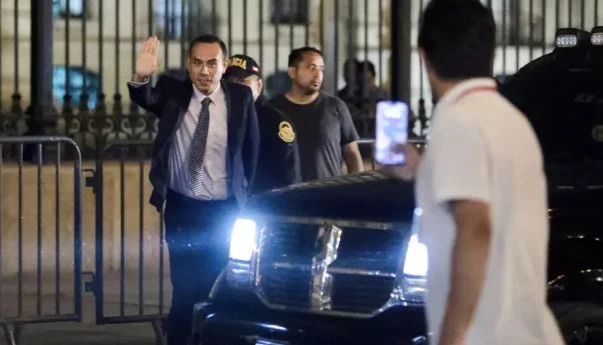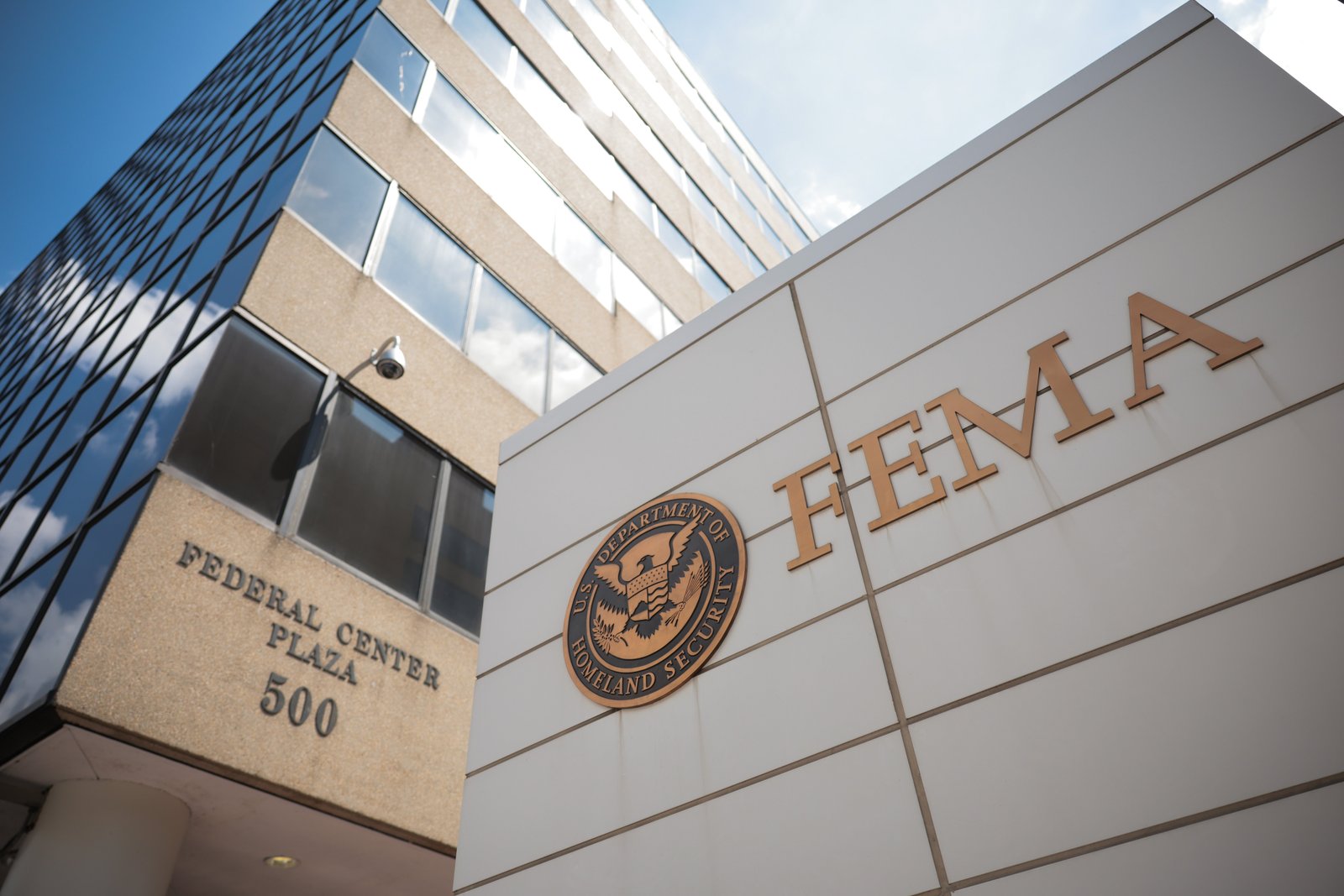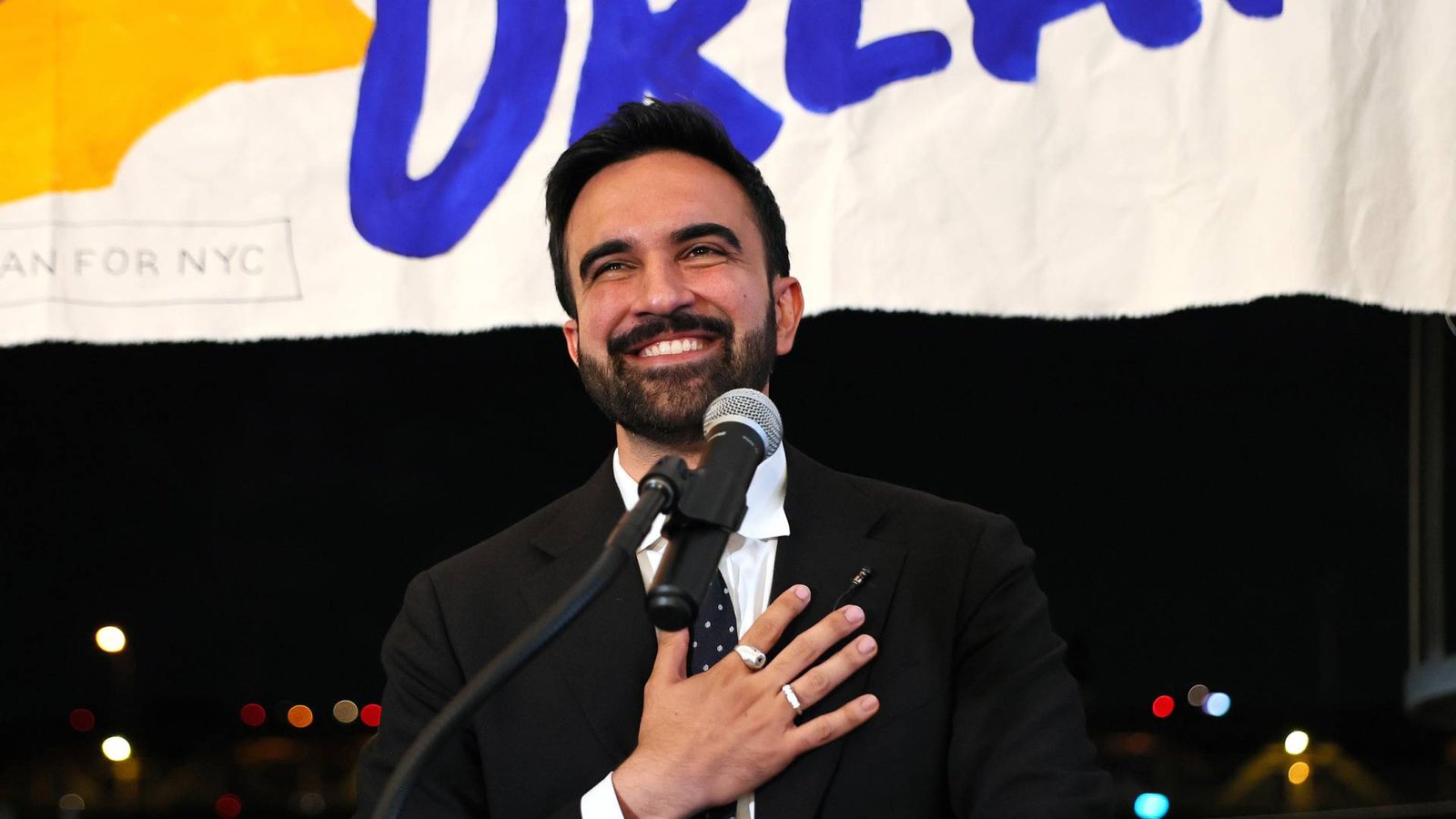Turkey is likely to be left out of a 5,000-strong Gaza stabilisation force after Israel made clear its objection to Turkish participation, according to senior diplomatic sources. The multinational force, designed to prevent a power vacuum in Gaza after the war, is intended to ensure security and stability during the territory’s reconstruction phase.
US Secretary of State Marco Rubio confirmed that Israel’s consent was essential to the composition of the force. “It is a requirement that Israel be comfortable with the nationalities involved,” Rubio said. Turkey, which had offered to contribute troops, has reportedly been rejected due to Israel’s deep mistrust of Ankara’s political stance.
Relations between Israel and Turkey have been strained in recent years over conflicts in Syria and Turkey’s ties to Islamist movements. President Recep Tayyip Erdoğan’s close relationship with the Muslim Brotherhood and perceived sympathy toward Hamas have heightened Israeli concerns. However, Turkey’s exclusion could prove controversial since it is one of the guarantors of the Trump administration’s 20-point ceasefire plan and possesses one of the region’s most capable Muslim armed forces.
Diplomatic sources suggest that Egypt will likely lead the stabilisation mission, supported by other nations including Indonesia and the United Arab Emirates. Several contributors have expressed a preference for the mission to operate under a United Nations Security Council mandate, even if it is not a formal UN peacekeeping mission.
The stabilisation effort will coordinate with the US-led Civil-Military Coordination Centre (CMCC), based in Kiryat Gat, southern Israel. The CMCC, inaugurated by US Vice-President JD Vance earlier this week, includes British, French, Jordanian, and Emirati advisers. The center is expected to assist not only in military coordination but also in humanitarian aid management for Gaza, although most aid crossings remain closed.
The proposed stabilisation force will focus on disarming Hamas and securing a transitional Palestinian government. The future leadership of Gaza remains contested. Israeli Prime Minister Benjamin Netanyahu has ruled out any involvement from the Palestinian Authority, while Palestinian factions have agreed to form a temporary technocratic committee to manage essential services in the strip.
Meanwhile, tensions between Turkey and Israel continue to surface on the ground. An 81-member Turkish disaster response team from AFAD, stationed near the Egyptian border, has been waiting for Israeli authorization to enter Gaza to help locate victims and survivors. The team brought specialized life-detection devices and search dogs but has been unable to proceed.
President Erdoğan criticized the US for not doing enough to pressure Israel into following through on the Trump peace plan. He called for sanctions and restrictions on arms sales to Israel, urging stronger international action.
Rubio also reiterated that the UN Relief and Works Agency for Palestine Refugees (Unrwa) would not be permitted to operate in Gaza under the new arrangement, describing it as “a subsidiary of Hamas.” His statement has drawn criticism from European governments, the United Nations, and the International Court of Justice (ICJ).
Earlier this week, the ICJ ruled that Unrwa remains an “irreplaceable vehicle” for delivering humanitarian aid and found Israel’s claims of Hamas infiltration unproven. The Trump administration’s plan recognizes the UN’s role in distributing aid but excludes Unrwa, creating a dilemma for the international community.
Norway, which initiated the UN resolution that led to the ICJ opinion, is preparing a new draft urging Israel to comply with international law and allow the entry of agreed aid supplies. The Trump ceasefire deal stipulated 600 aid trucks per day into Gaza, yet current figures show an average of only 89 trucks, representing just 14% of the promised flow.
Unrwa has condemned Israel’s restrictions and highlighted escalating violence in the occupied West Bank. “Families know only fear and uncertainty,” the agency said, calling for an end to unlawful annexation and renewed efforts to safeguard Palestinian rights.
Tom Fletcher, head of the UN’s humanitarian agency OCHA, described Gaza’s destruction as comparable to historical war zones, saying, “It felt like driving through the ruins of Hiroshima or Stalingrad.”
In Cairo, delegations from Hamas and Fatah met on Friday to discuss governance after the ceasefire. Both factions agreed to transfer administration to a temporary committee of independent technocrats, working alongside Arab and international partners to manage essential services.
The developments mark a turning point in postwar Gaza planning. While the exclusion of Turkey highlights deep regional divisions, the formation of a stabilisation force underscores growing global efforts to prevent further chaos in the war-torn enclave.







